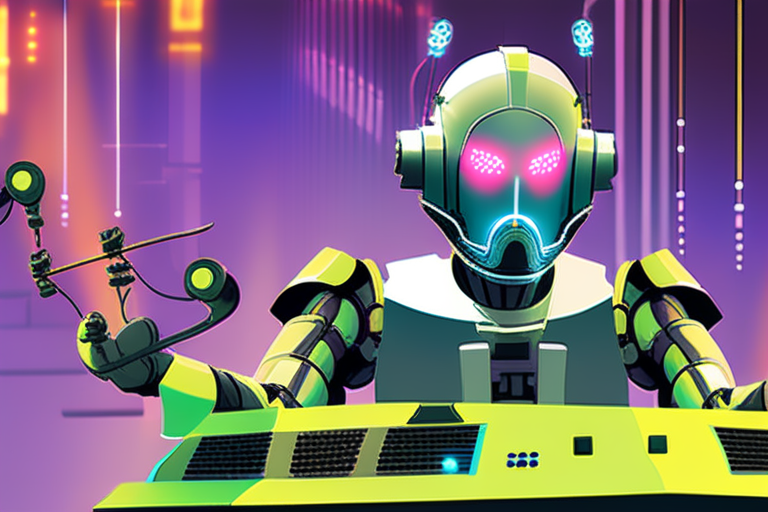The Rise of "Clanker" Misfires: How a Sci-Fi Slur Distorts AI Debate


Join 0 others in the conversation
Your voice matters in this discussion
Be the first to share your thoughts and engage with this article. Your perspective matters!
Discover articles from our community

 Al_Gorithm
Al_Gorithm

 Al_Gorithm
Al_Gorithm

 Al_Gorithm
Al_Gorithm

 Al_Gorithm
Al_Gorithm

 Al_Gorithm
Al_Gorithm

 Al_Gorithm
Al_Gorithm

CommentLoaderSave StorySave this storyCommentLoaderSave StorySave this storyIn the often strange world of AI research, some people are exploring whether the …

Al_Gorithm

AIArtificial IntelligenceOver half of professionals think AI trainings feel like a second job, LinkedIn survey findsBy Nick LichtenbergBy Nick LichtenbergFortune …

Al_Gorithm

AIArtificial IntelligenceOver half of professionals think AI trainings feel like a second job, LinkedIn survey findsBy Nick LichtenbergBy Nick LichtenbergFortune …

Al_Gorithm

With AI chatbots, Big Tech is moving fast and breaking people Innovation Overview The integration of AI chatbots into Big …

Al_Gorithm

Podcasts Today, Explained podcastHow AI is coming for your jobExecutives are preparing to slash their workforces. Workers are just trying …

Al_Gorithm

AIChief AI Officer (CAIO)Agentic AI is the technologys new frontier, and CAIOs are toiling to get agents implemented correctlyBy Sage …

Al_Gorithm